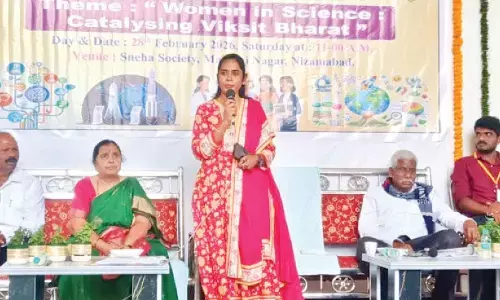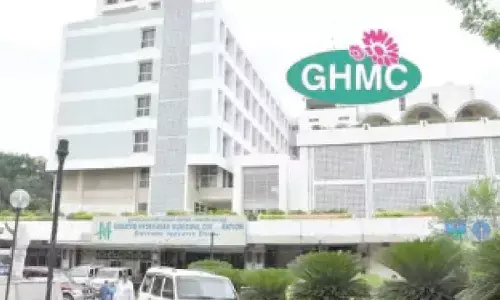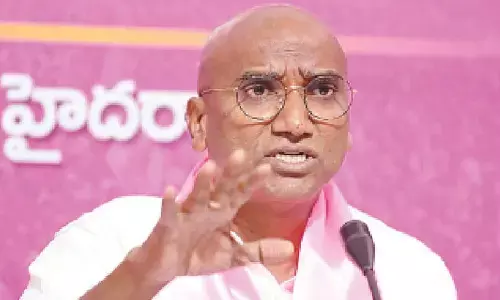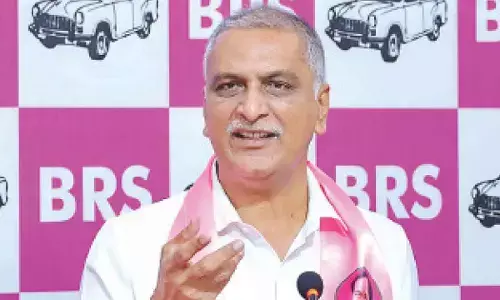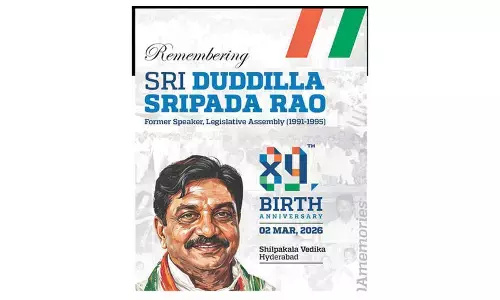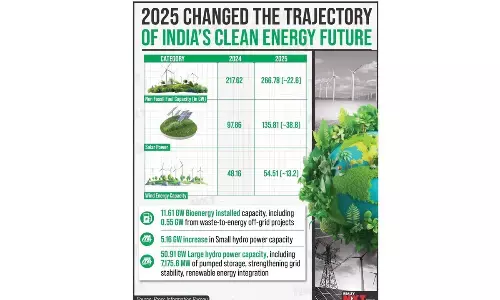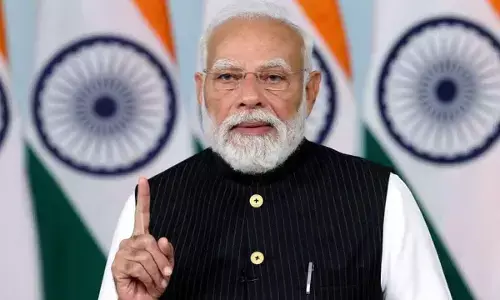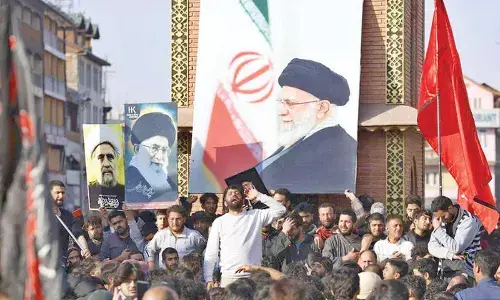Excise policy case: Kejriwal & his courtroom battles with ED so far
Share :
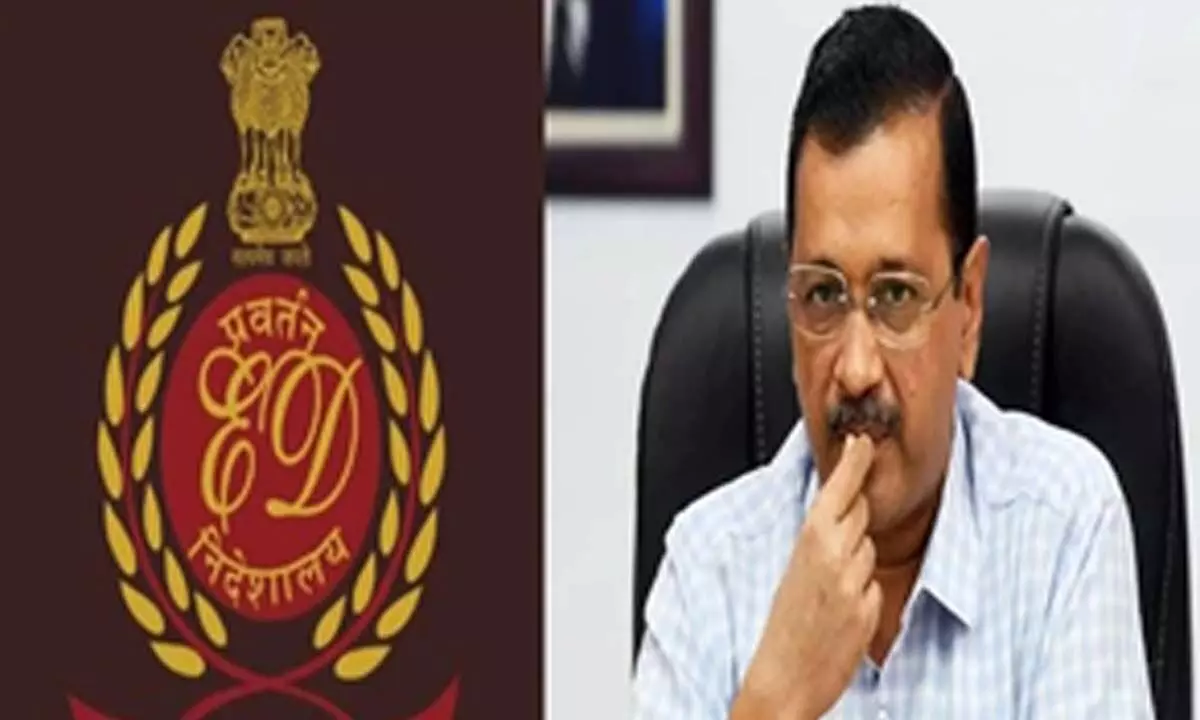
In a high-stakes legal battle, Delhi Chief Minister Kejriwal finds himself embroiled in a fierce confrontation with the Enforcement Directorate (ED) over a series of summonses pertaining to alleged non-compliance in connection with the money laundering case related to the excise policy case.
New Delhi: In a high-stakes legal battle, Delhi Chief Minister Kejriwal finds himself embroiled in a fierce confrontation with the Enforcement Directorate (ED) over a series of summonses pertaining to alleged non-compliance in connection with the money laundering case related to the excise policy case.
Kejriwal, who was arrested from his residence by the ED in connection with the excise policy case on Thursday evening, had earlier moved the Supreme Court against the Delhi High Court order denying him protection from any 'coercive action' by the ED. However, the top court refused to hold any urgent hearing in the matter on Thursday night.
Here's a timeline of Kejriwal's court battles:
In February, the ED moved a magisterial court, filing two complaints against Kejriwal over non-compliance with the agency's summons. In response, the Additional Chief Metropolitan Magistrate (ACMM) of the Rouse Avenue Court, Divya Malhotra, issued summons to Kejriwal.
Challenging the order, the Aam Aadmi Party supremo moved the sessions court against the two above-mentioned complaints filed by the ED. However, the sessions court on March 15 refused to grant a stay on the summons issued to Kejriwal by the ACMM.
The ED's second complaint pertained to "Kejriwal not abiding by the summons number 4 to 8", a source said.
On March 20, the Chief Minister moved the Delhi High Court challenging the agency's nine summonses issued to him in the case.
The court has listed the matter for hearing on April 22, besides directing the ED to reply on the maintainability of Kejriwal's plea.
The court has asked the federal agency to file its reply within two weeks, as it granted Kejriwal one week to file a rejoinder.
Additional Solicitor General (ASG) S.V. Raju, appearing for the ED, argued that Kejriwal's petition is not maintainable, as he sought additional time to file a detailed response in the matter.
However, senior advocate Abhishek Manu Singhvi, appearing for Kejriwal, contended that one of the issues raised in the plea is whether a political party is covered under the Prevention of Money Laundering Act (PMLA) as the same is not defined under its enactment.
The court then orally asked Singhvi as to why doesn't Kejriwal appear before the ED in response to its summons.
Singvi said that he (Kejriwal) is not running away and will appear (before the ED), provided he is granted protection and gets a “no coercive steps” order in his favour.
Addressing Singhvi's concerns, the court noted that traditionally, the ED does not resort to arrests immediately, allowing individuals to present their case first.
Singhvi then cited the arrests of AAP leaders Manish Sisodia and Sanjay Singh, citing the urgency and seriousness of Kejriwal's request for protection.
Kejriwal's plea also sought to declare Section (2) (s) of the PMLA as unconstitutional and arbitrary insofar as it is construed to include a political party within its ambit and sweep.
“The Enforcement Directorate cannot proceed on an assumption that a 'political party' would be covered under the expression 'artificial juridical person' occurring in Section 2(1)(s) in PMLA and, therefore, the issuance of summons in terms of Section 50 thereof to the office-bearers of a political party is non-est, blatantly illegal, arbitrary and cannot sustain the test of law or reasonableness,” the plea said.
In its ninth summons, the ED had asked Kejriwal to appear before the agency on Thursday.
However, Kejriwal on Thursday moved a fresh plea in the Delhi High Court, seeking no coercive action by the probe agency against him.
However, the court refused to grant interim protection to Kejriwal in his plea seeking "no coercive action".

